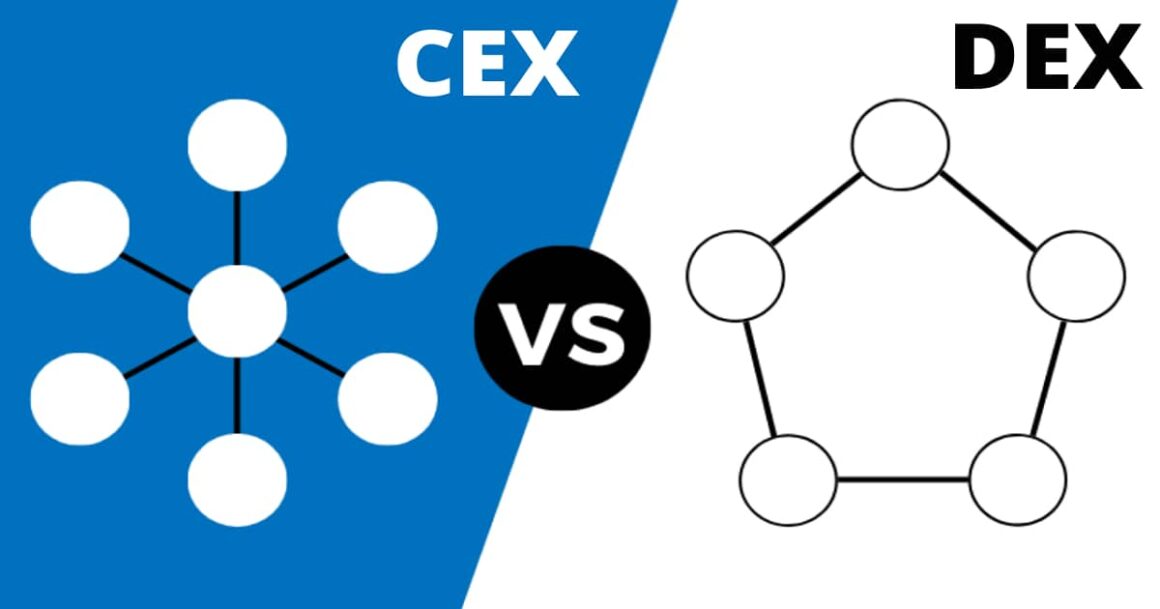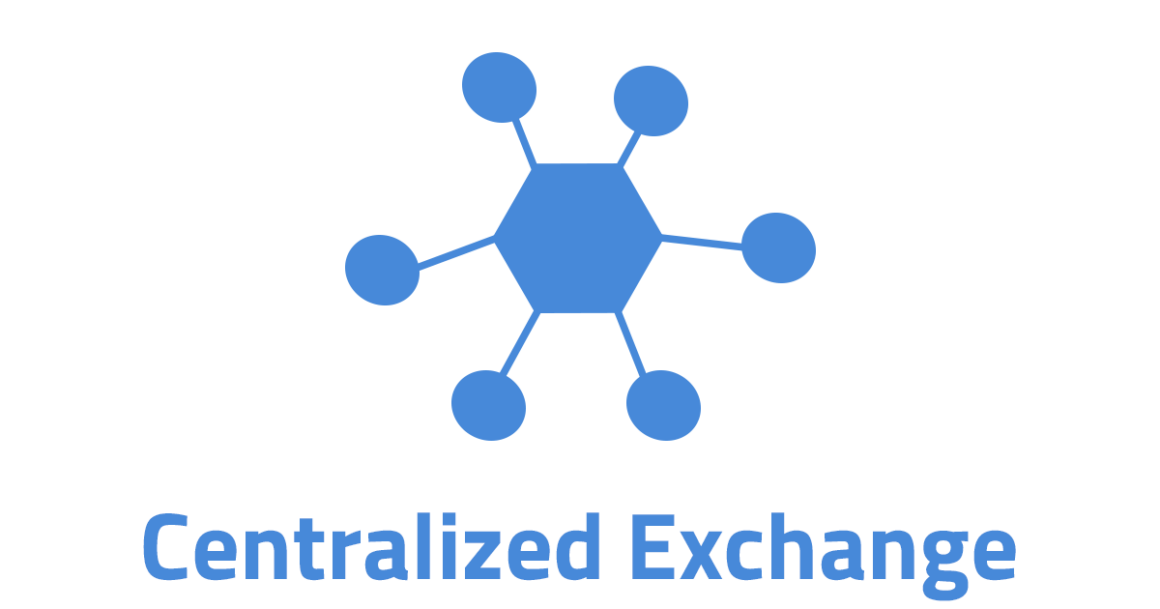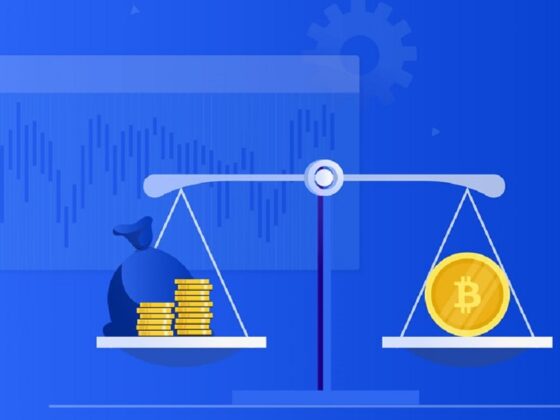Crypto exchanges are platforms that enable the buying, selling, or trading of digital assets, such as cryptocurrencies. They come in different shapes and sizes, but can broadly be classified into two categories: centralized and decentralized exchanges. In this article, we will explore the key differences between these two types of exchanges.
Which is better: centralization or decentralization crypto?

Decentralized exchanges are on the rise as they offer a number of advantages over centralized ones. Centralized exchanges are more susceptible to censorship, as there is a central authority that controls the data. DEX are a better option than centralized ones, since they aren’t controlled by a central authority. This makes them less prone to censorship. In addition, they offer more security and privacy, as there is no central point of failure. There are many exchanges available online, make sure to do your reasearch on what is the best one for you. You can start by going to bitcoinstormapp.io.
Pros and Cons of each type of Exchange
Both have their own advantages and disadvantages. Here’s a look at the pros and cons of each type of exchange:
Centralized Exchanges

Pros:
- They are usually much easier to use than decentralized ones. They typically have a more user-friendly interface and offer more features and functionality.
- Centralized exchanges also tend to be more liquid than decentralized ones, meaning there is usually a greater selection of coins available to trade.
- Because they are centrally controlled, CEX can more easily implement new features and make changes.
Cons:
- One of the biggest disadvantages of centralized exchanges is that they are custodial, meaning the exchange holds your funds in a central wallet. This creates a single point of failure that can be exploited by hackers. If the exchange is hacked or goes offline, you could lose all your funds.
- CEX are also more susceptible to price manipulation than decentralized ones. Because they have more control over the market, traders with inside information can easily manipulate prices.
- Finally, because they are centrally controlled, CEX can be censored or shut down by governments if they don’t comply with regulations.
Decentralized Exchanges

Pros:
- Decentralized exchanges are non-custodial, meaning you control your own funds. This greatly reduces the risk of losing your funds to a hack or scam.
- They are also more resistant to price manipulation, as there is no central authority that can control the market.
- Because they are decentralized, DEX can’t be shut down by governments.
Cons:
- They are usually much less user-friendly than centralized ones. They often have a complicated interface and lack features and functionality.
- Decentralized exchanges also tend to be less liquid than CEX, as there is typically a smaller selection of coins available to trade.
- Finally, because they are decentralized, it can be difficult to implement new features or make changes on DEX.
Conclusion
It’s important to understand the difference between centralized and decentralized crypto exchanges before you start trading. Centralized exchanges are easier to use but they’re also more vulnerable to hacks. Decentralized exchanges are more complex to use but they offer better security. Ultimately, it’s up to you to decide which type of exchange is best for your needs.


